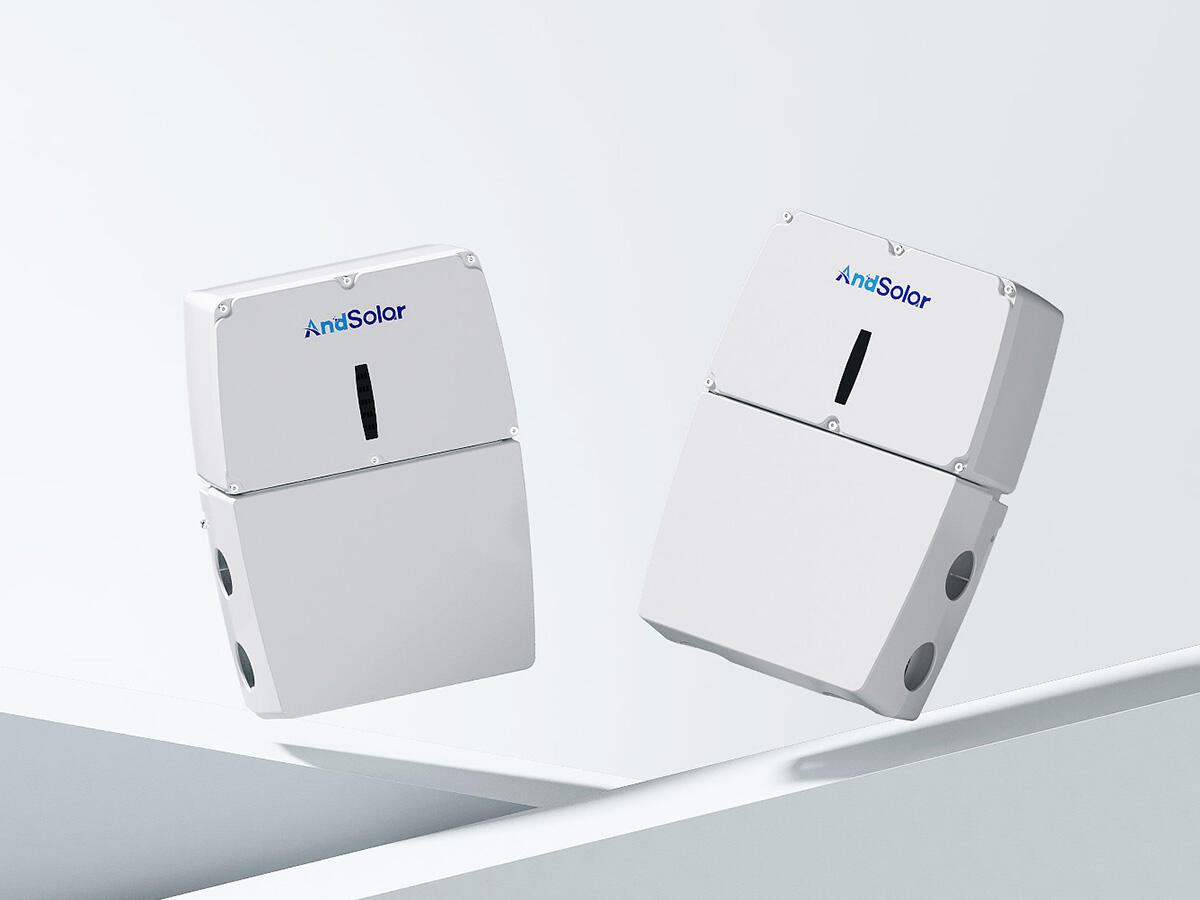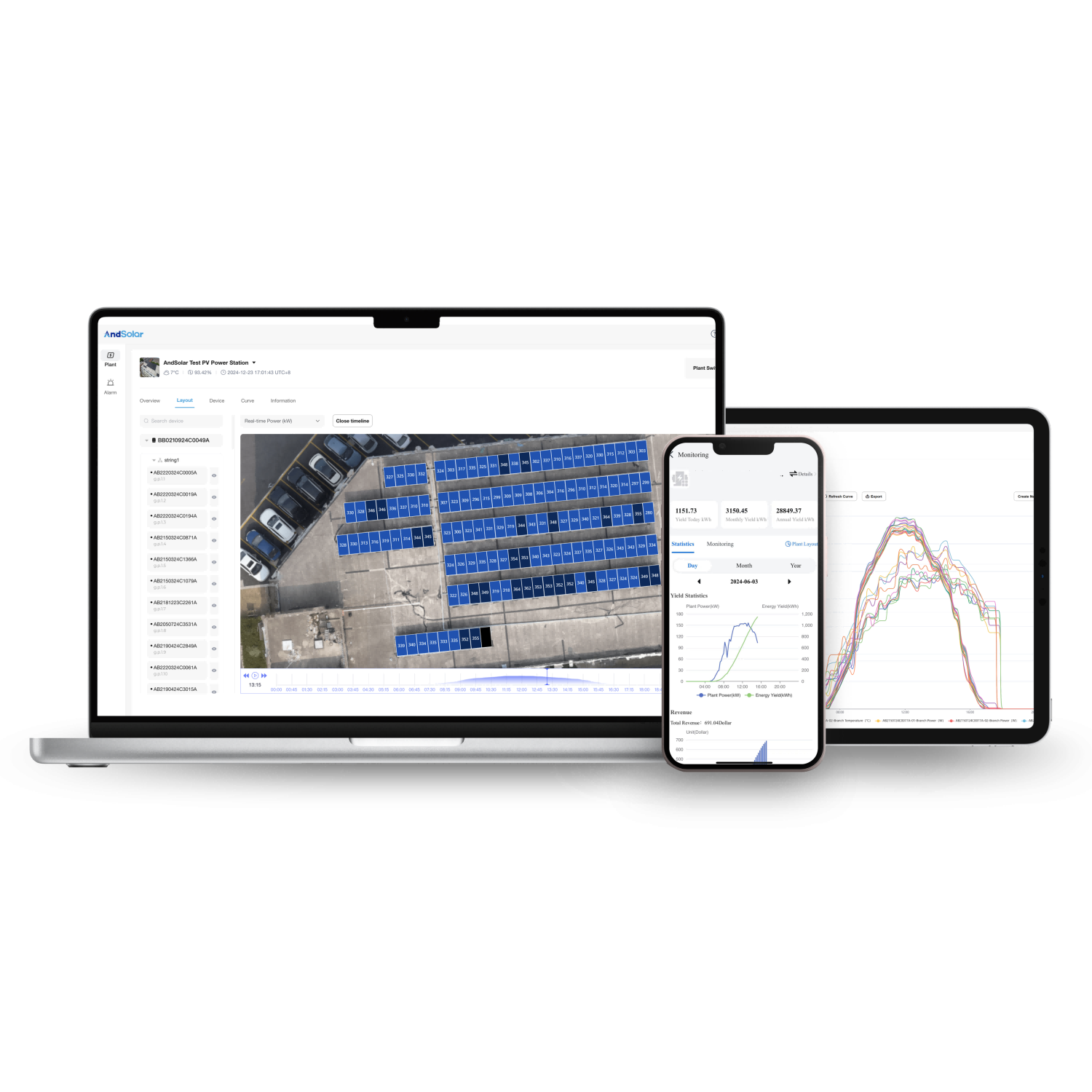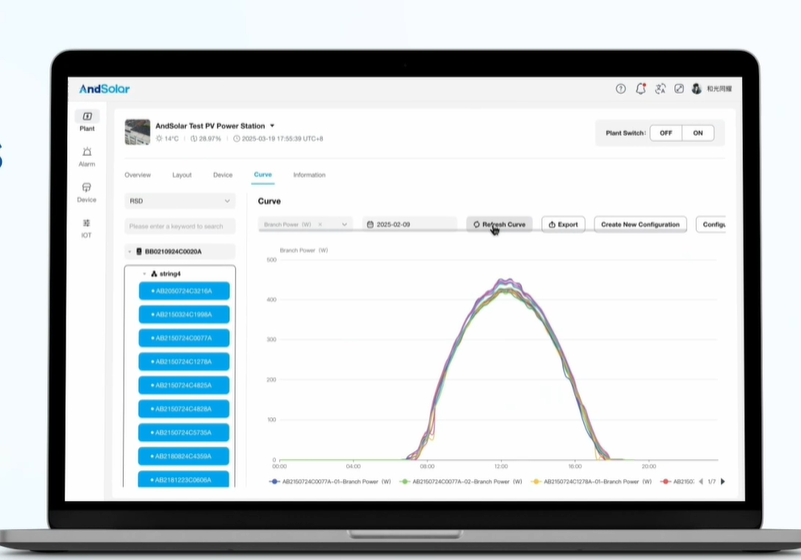Enhanced Safety for Emergency Responders
One of the unique selling points of the rapid shutdown policy is its ability to enhance safety for emergency responders. In the event of a fire or other emergency, the rapid disconnection of solar panels from the electrical grid eliminates the risk of electric shock. This feature is particularly important in high-density urban areas where the risk of fire and the need for quick response times are significant. By reducing potential hazards, the rapid shutdown policy not only saves lives but also protects property and minimizes liability.











